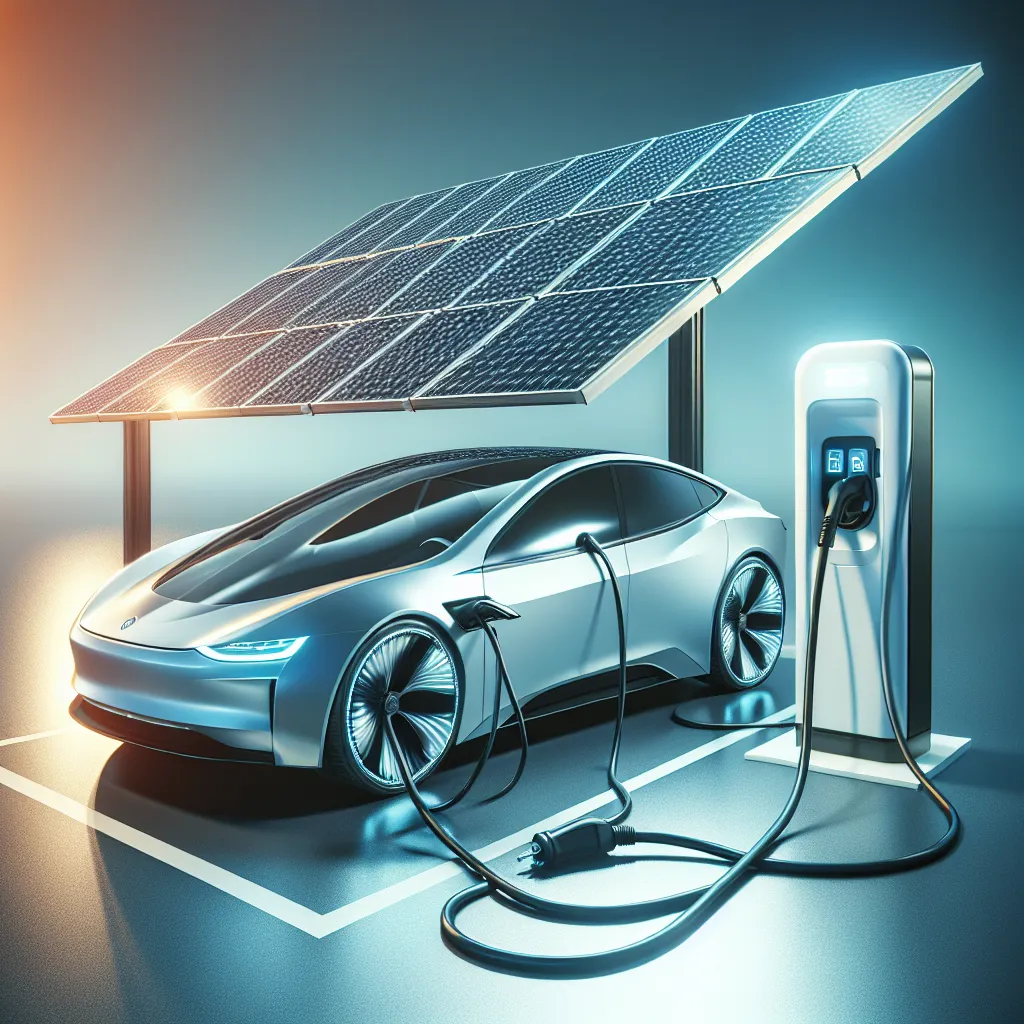Advancements in Battery Technology for Electric Vehicles
Advancements in battery technology are playing a crucial role in shaping the future of electric cars. With the ongoing developments in battery technology, electric vehicles (EVs) are becoming more efficient, affordable, and practical for everyday use. One of the key areas of focus in the advancement of electric vehicle batteries is the improvement of energy density.
Energy density is a critical factor as it determines the range an electric car can travel on a single charge. Traditionally, lithium-ion batteries have been the primary choice for electric vehicles, but researchers and manufacturers are actively exploring new materials and designs to enhance the energy density of batteries. Solid-state batteries, for example, are gaining attention for their potential to offer significantly higher energy density compared to current lithium-ion batteries.
Moreover, advancements in battery technology are also addressing the issue of charging time. Fast-charging technologies and improved battery chemistries are being developed to reduce the time it takes to charge an electric vehicle. These developments aim to make charging an EV as convenient as refueling a traditional gasoline-powered car.
Another important aspect of battery advancement is durability and longevity. The ability of a battery to retain its capacity over years of use is vital for the long-term viability of electric vehicles. Manufacturers are working on battery chemistries and electrode designs that can withstand thousands of charging cycles while maintaining high performance.
In addition to these technical advancements, cost reduction is a significant focus in the development of electric vehicle batteries. Researchers are exploring alternative materials and manufacturing processes to bring down the production costs of batteries, ultimately making electric cars more affordable for consumers.
As advancements in battery technology continue, the future of electric cars looks promising. With improved energy density, faster charging times, enhanced durability, and reduced costs, electric vehicles are poised to become a mainstream transportation choice, contributing to a greener and more sustainable future.
The Growing Infrastructure for Electric Vehicle Charging
The future of electric cars is closely tied to the growing infrastructure for electric vehicle charging. As the demand for electric vehicles continues to rise, so does the need for a reliable and extensive network of charging stations. This infrastructure is crucial for addressing the range anxiety often associated with electric cars and for encouraging more consumers to make the switch to electric vehicles.
In recent years, there has been a significant push to expand the charging infrastructure, with governments, businesses, and energy companies investing in the development of charging networks. Initiatives to install charging stations in public spaces, parking lots, and residential areas are becoming more widespread, allowing for convenient and accessible charging options for electric vehicle owners.
Furthermore, advancements in technology have led to the development of faster and more efficient charging stations, reducing the time it takes to recharge an electric vehicle. The emergence of ultra-fast chargers and high-power charging systems is set to revolutionize the charging experience, making it comparable to the time it takes to refuel a conventional vehicle.
As the infrastructure for electric vehicle charging continues to expand and evolve, the barriers to widespread adoption of electric cars are gradually being dismantled. With a comprehensive network of charging stations in place, the future of electric cars looks increasingly promising, paving the way for a sustainable and environmentally friendly transportation system.
Sustainability and Environmental Impact of Electric Cars
As we move into the future, the sustainability and environmental impact of electric cars are becoming increasingly significant. The shift towards electric vehicles (EVs) is driven by the need to reduce air pollution and greenhouse gas emissions, as well as the goal of achieving energy independence. With advancements in battery technology and the increasing availability of charging infrastructure, electric cars are poised to play a crucial role in mitigating the environmental impact of transportation.
One of the key benefits of electric cars is their contribution to reducing air pollution in urban areas. Traditional internal combustion engine vehicles emit pollutants such as nitrogen oxides, particulate matter, and volatile organic compounds, which have significant negative effects on air quality and public health. In contrast, electric vehicles produce zero tailpipe emissions, leading to cleaner air and a healthier environment for all. This shift towards electric mobility is a vital step in addressing the urban air quality crisis that many cities around the world are facing.
Furthermore, the environmental impact of electric cars goes beyond urban air quality and extends to the reduction of overall greenhouse gas emissions. While some critics argue that emissions from electricity generation offset the environmental benefits of electric cars, studies have consistently shown that EVs still produce significantly lower emissions over their lifetimes compared to traditional gasoline cars. Additionally, as the energy sector continues to embrace renewable sources such as wind and solar power, the carbon footprint of electric cars will further decrease, making them an even more sustainable choice for transportation.
In conclusion, the future of electric cars holds great promise for sustainability and minimizing environmental impact. With ongoing developments in technology and a growing commitment to renewable energy sources, electric vehicles are set to play a pivotal role in shaping a greener and more sustainable transportation landscape.

